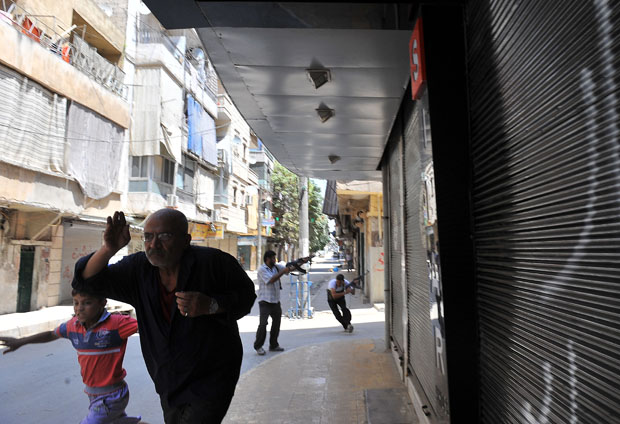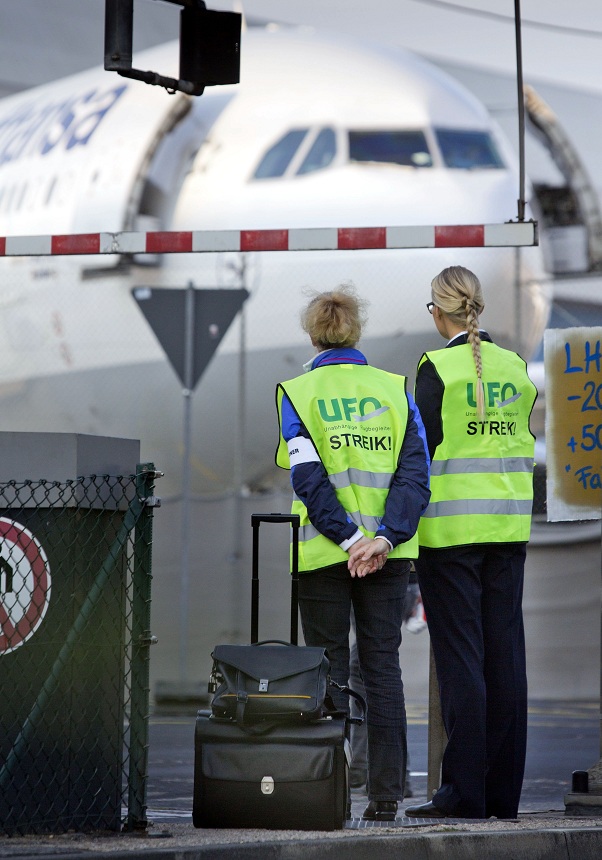AIN SOKHNA: Egypt s El Sewedy Cables is looking into supplying wind energy projects in Egypt, the Middle East and African markets to tap growing demand and suitable climates, its investor relations director said on Tuesday.
Research shows that the world market for wind turbine installations was worth about ?45 billion ($61.5 billion) in 2009 and that global installed capacity will more than double to 340 gigawatts by 2013.
Wind energy is one of the fastest growing industries in the world. Everyone wants it, and Egypt has high potential to produce such energy, Ahmed El Homosani, Sewedy s investor relations director, told Reuters in an interview.
Sewedy, the largest Arab cable maker by market value, started operating a ?40 million ($54.66 million) wind tower plant in Ain Sokhna on Egypt s Red Sea coast on Tuesday to manufacture equipment for electricity-generating wind farms.
Wind energy does not cost a lot to produce, and its price now is very suitable as a source of energy, Homosani said.
The firm has also invested some ?20 million in a turbine factory in Tenth of Ramadan City, on the outskirts of Cairo, which is due to become operational within the next seven to eight months.
Officials say Egypt s combined oil and gas reserves will last the most populous Arab country roughly three decades, encouraging a shift to alternative energy sources, including wind, solar and nuclear.
The North African country, an oil and gas producer, has been developing wind power along its eastern Red Sea coast. It has wind farms at Zafarana and Hurghada in the area and has so far installed capacity of 430 megawatts of wind energy.
Egypt expects to see its wind power capacity reach 7,200 megawatts by 2020 and is already boosting the capacity to 550 megawatts by May.
Sewedy s wind towers plant in Ain Sokhna, a joint venture with Germany-based SIAG Schaaf Industrie AG, will produce 100 towers within its first year of operations and has total capacity to produce 300 towers per year. The plant will mainly provide towers for markets in North Africa and Africa as well as Egypt.
Electricity consumption in Africa is huge, and there is a big deficit in supply, Homosani said. So, there is strong potential in this market.
Sewedy has production plants in Egypt, Ethiopia, Nigeria, Yemen, Saudi Arabia, Syria, Algeria, Ghana, Zambia, Qatar, and will soon open a plant in Libya.
It said last week it expects to post a 24 percent decline in 2009 unaudited net income to LE 630 million ($115 million), below analysts forecasts.
The firm might also consider investing in solar energy within the next four to five years if it finds the sector economically viable, Homosani said.
The solar industry is emerging from a tough 2009, when prices for modules that turn sunlight into electricity fell by more than 40 percent as a glut of supply and difficult financial markets slowed growth for renewable energy sources.
Solar projects in Egypt have lagged behind wind schemes, but the country s first solar power plant will start production by the end of the year, Egypt s electricity minister said earlier this month.
The country has strong solar energy potential due to low rain, clouds and year-round sun.

